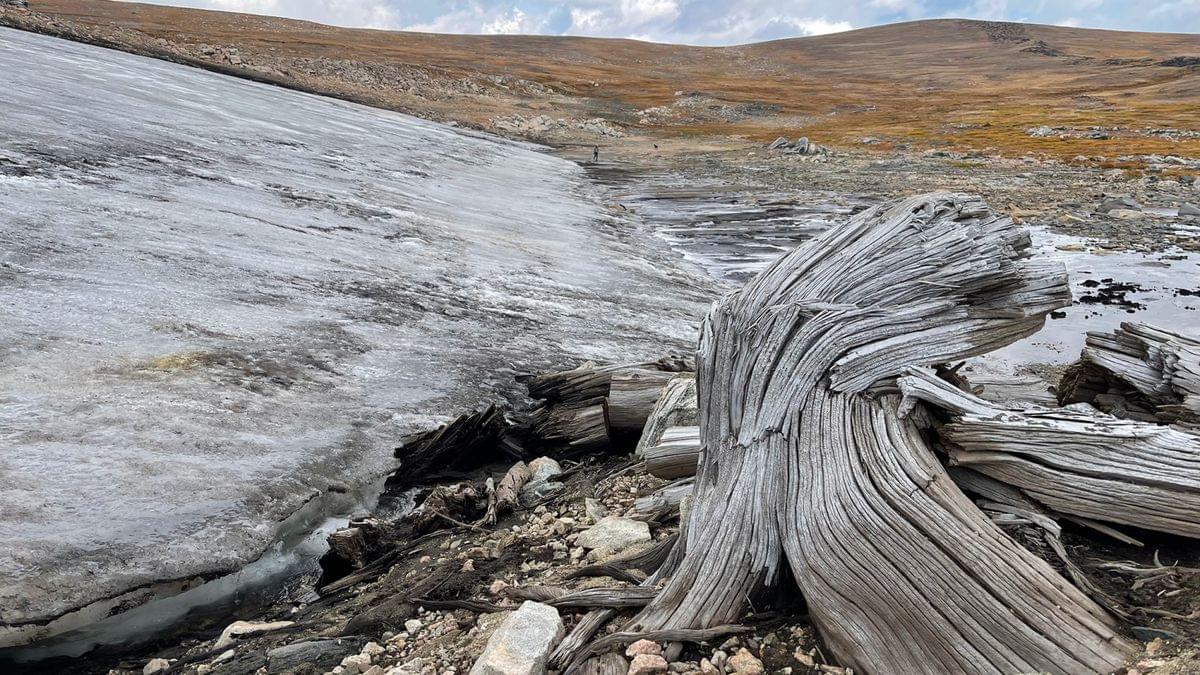Astronomers have mapped the 3D structure of an exoplanet’s atmosphere for the first time, revealing powerful winds that transport elements like iron and titanium. Using all four telescope units of the European Southern Observatory’s Very Large Telescope (ESO’s VLT), researchers uncovered complex weather patterns shaping the planet’s skies. This breakthrough paves the way for more detailed studies of atmospheric composition and climate on distant worlds.
Category: climatology – Page 26
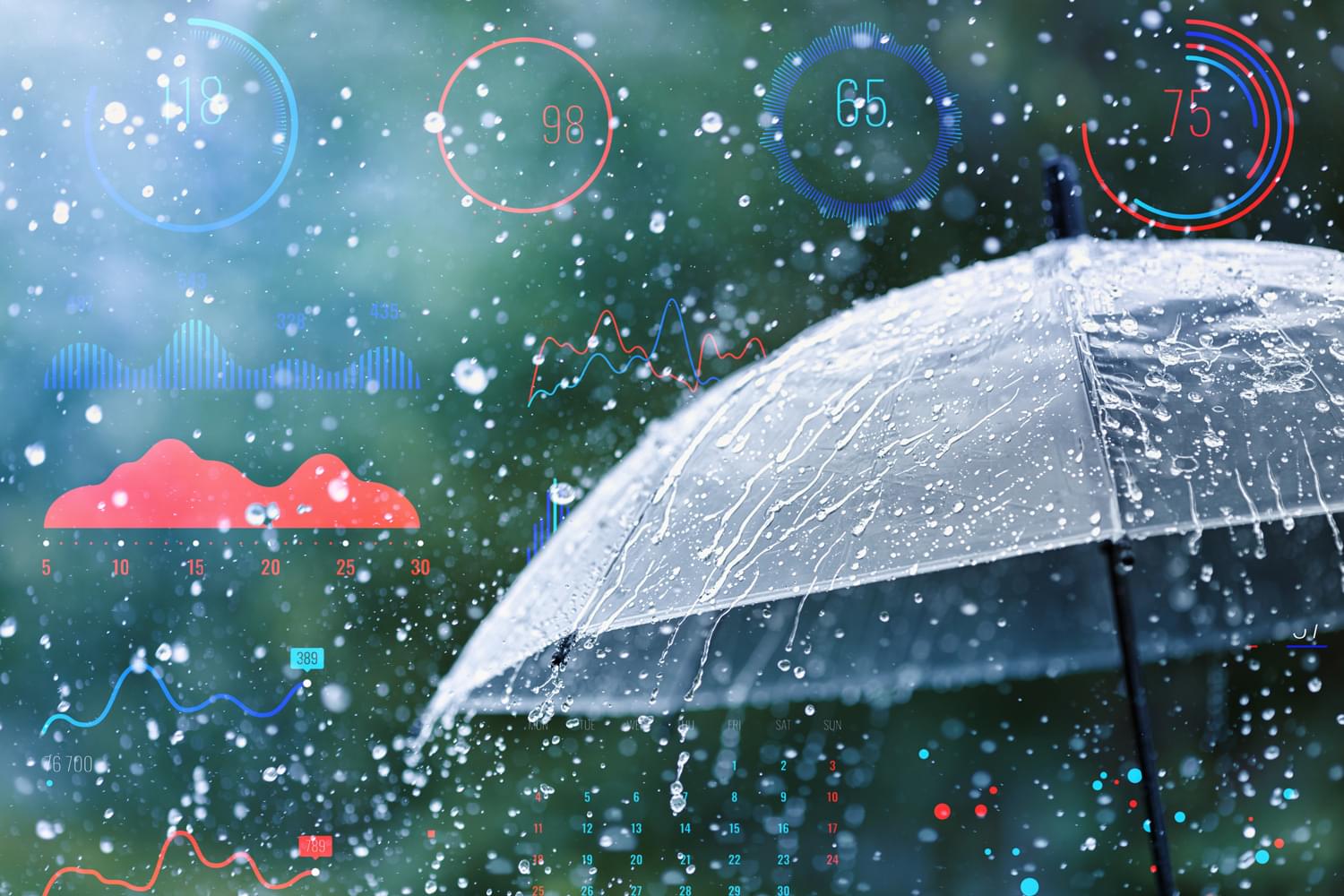
Validation technique could help scientists make more accurate forecasts
MIT researchers developed a new approach for assessing predictions with a spatial dimension, like forecasting weather or mapping air pollution.
Re relying on a weather app to predict next week’s temperature. How do you know you can trust its forecast? Scientists use statistical and physical models to make predictions about everything from weather to air pollution. But checking whether these models are truly reliable is trickier than it seems—especially when the locations where we have validation data don Traditional validation methods struggle with this problem, failing to provide consistent accuracy in real-world scenarios. In this work, researchers introduce a new validation approach designed to improve trust in spatial predictions. They define a key requirement: as more validation data becomes available, the accuracy of the validation method should improve indefinitely. They show that existing methods don’t always meet this standard. Instead, they propose an approach inspired by previous work on handling differences in data distributions (known as “covariate shift”) but adapted for spatial prediction. Their method not only meets their strict validation requirement but also outperforms existing techniques in both simulations and real-world data.
By refining how we validate predictive models, this work helps ensure that critical forecasts—like air pollution levels or extreme weather events—can be trusted with greater confidence.
A new evaluation method assesses the accuracy of spatial prediction techniques, outperforming traditional methods. This could help scientists make better predictions in areas like weather forecasting, climate research, public health, and ecological management.
New study reveals what brings rainfall to ice shelves in West Antarctica
Extreme precipitation events in Antarctica, which are mostly dominated by snowfall due to sub-zero temperatures, also include rainfall, according to new research.
BAS scientists studying atmospheric rivers—narrow bands of concentrated moisture in the atmosphere or “rivers in the sky”—have discovered that these phenomena bring not only snow but also rain to parts of Antarctica, even during the continent’s cold winter months. The results are published in the journal The Cryosphere.
Using cutting-edge regional climate models (RCMs) at a high spatial resolution of just one kilometer, the researchers explored how atmospheric rivers interact with Antarctica’s rugged terrain to deliver significant precipitation to key areas, including the Thwaites and Pine Island Ice Shelves in West Antarctica. These are areas known for their ongoing retreat and contribution to global sea-level rise.

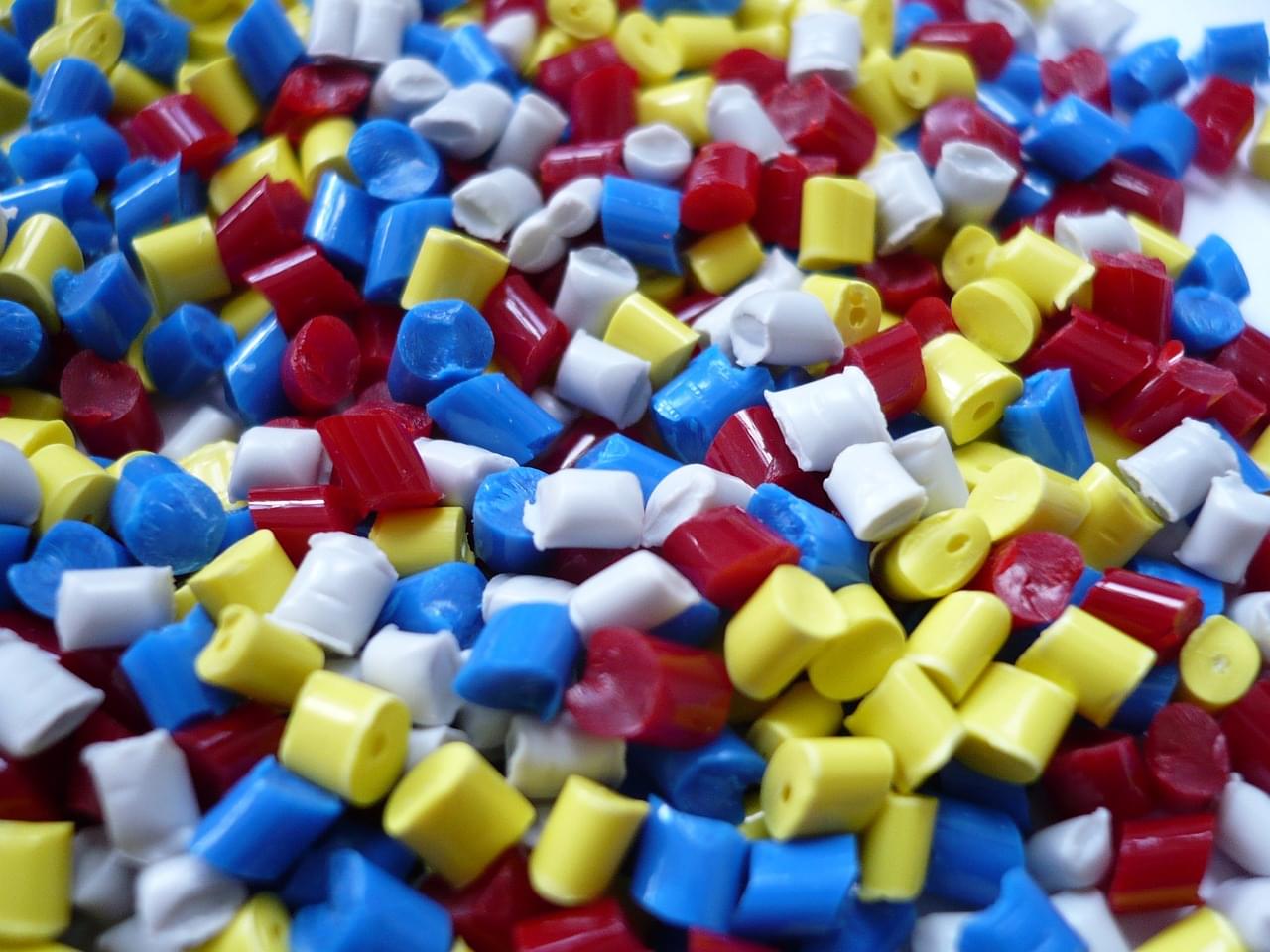
New Bio-Sourced Plastic Could Revolutionize Recycling of Thermosets
What types of new plastics can be developed with enhanced recycling capabilities? This is what a recent study published in Nature hopes to address as a team of researchers at Cornell University have developed an enhanced type of thermoset, which is built from a type of polymer that is often difficult to recycle, resulting in it being put back into the atmosphere from burning it or into landfills, which destroy marine ecosystems. This study has the potential to help scientists, engineers, policymakers, and the public better understand new recycling methods that can be used to both help the environment and mitigate the impacts of climate change.
For the study, the researchers used a bio-sourced material known as dihydrofuran (DHF) to design and build a new thermoset polymer that maintains its robustness while ensuring safely being recycled through heat and environmental degradation. When compared to traditional thermosets, the DHF thermosets can still be used for a myriad of commercial applications, including footwear, electronics, and garden hoses, just to name a few.
“We’ve spent 100 years trying to make polymers that last forever, and we’ve realized that’s not actually a good thing,” said Dr. Brett Fors, who is a professor of physical chemistry at Cornell University and a co-author on the study. “Now we’re making polymers that don’t last forever, that can environmentally degrade.”
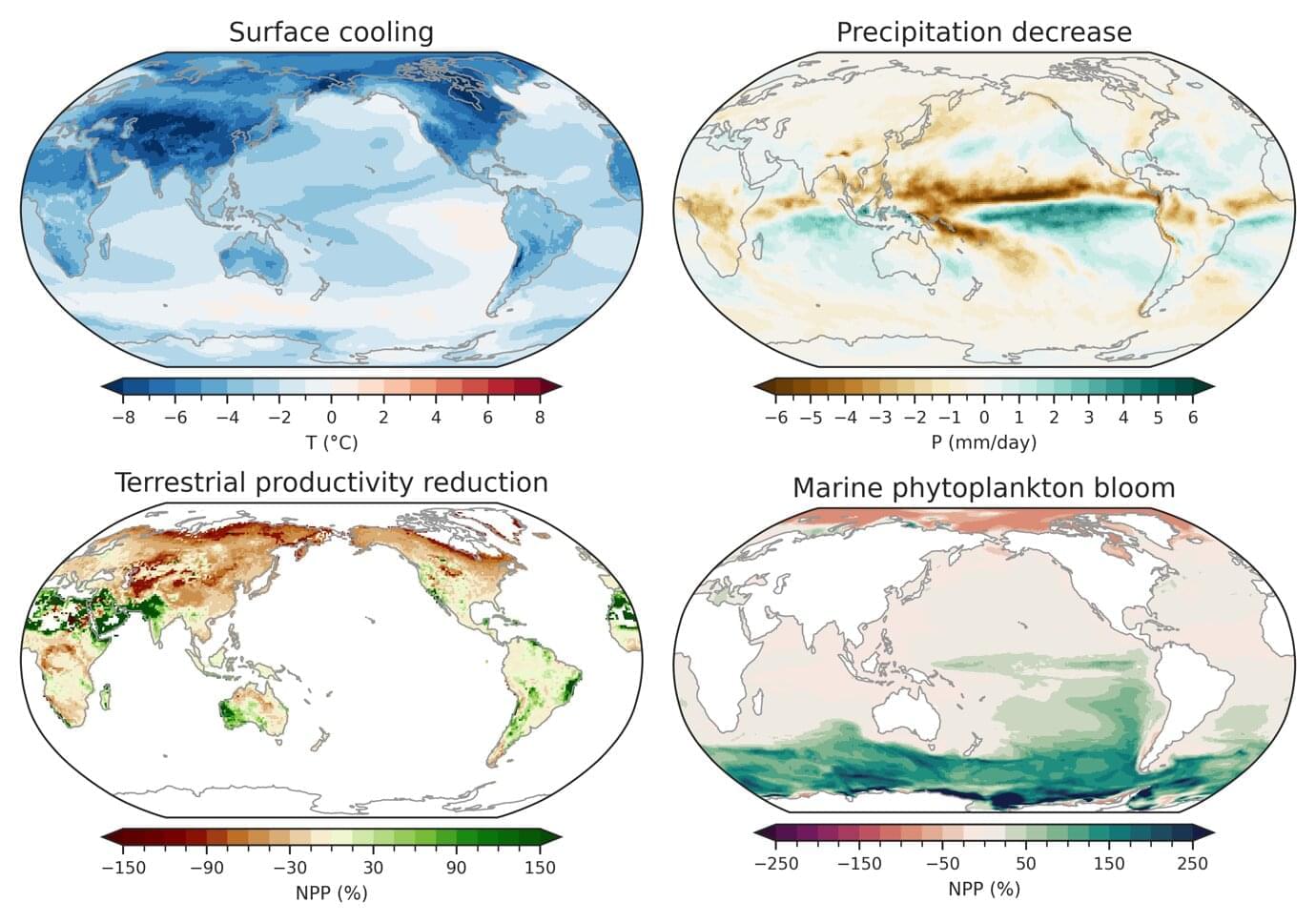
Asteroid impact simulation reveals climate and ecological disruptions
A new climate modeling study published in the journal Science Advances by researchers from the IBS Center for Climate Physics (ICCP) at Pusan National University in South Korea presents a new scenario of how climate and life on our planet would change in response to a potential future strike of a medium-sized (~500 m) asteroid.
The solar system is full of objects with near-Earth orbits. Most of them do not pose any threat to Earth, but some of them have been identified as objects of interest with non-negligible collision probabilities. Among them is the asteroid Bennu with a diameter of about 500 m, which—according to recent studies—has an estimated chance of 1 in 2700 of colliding with Earth in September 2182. This is similar to the probability of flipping a coin 11 times in a row with the same outcome.
To determine the potential impacts of an asteroid strike on our climate system and on terrestrial plants and plankton in the ocean, researchers from the ICCP set out to simulate an idealized collision scenario with a medium-sized asteroid using a state-of-the-art climate model.
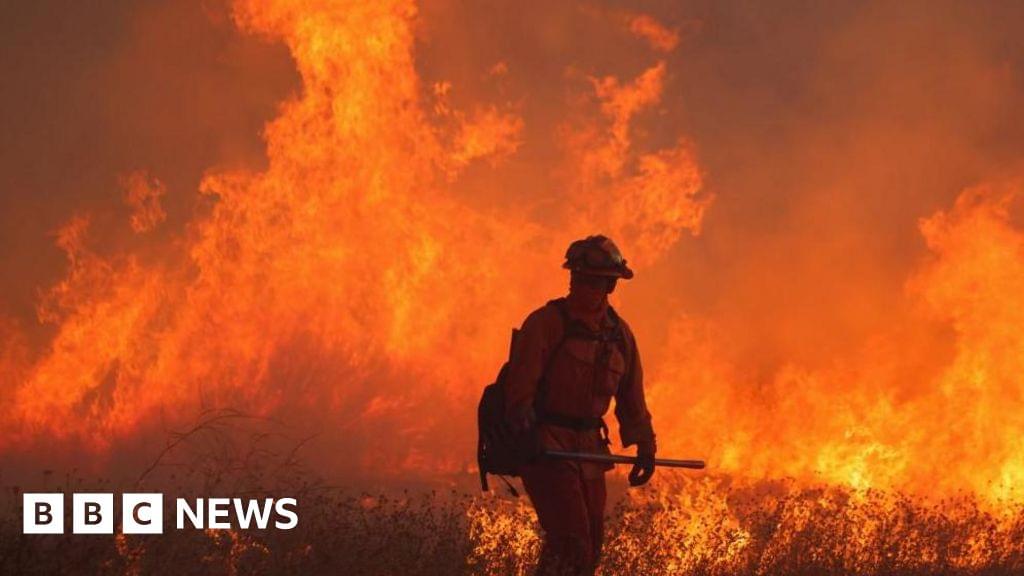
Climate puzzle persists with unexpectedly warm January
Last month was the world’s warmest January on record and raised further questions about the pace of climate change, scientists say.
January 2025 had been expected to be slightly cooler than January 2024 because of a shift away from a natural weather pattern in the Pacific known as El Niño.
But instead, last month broke the January 2024 record by nearly 0.1C, according to the European Copernicus climate service.
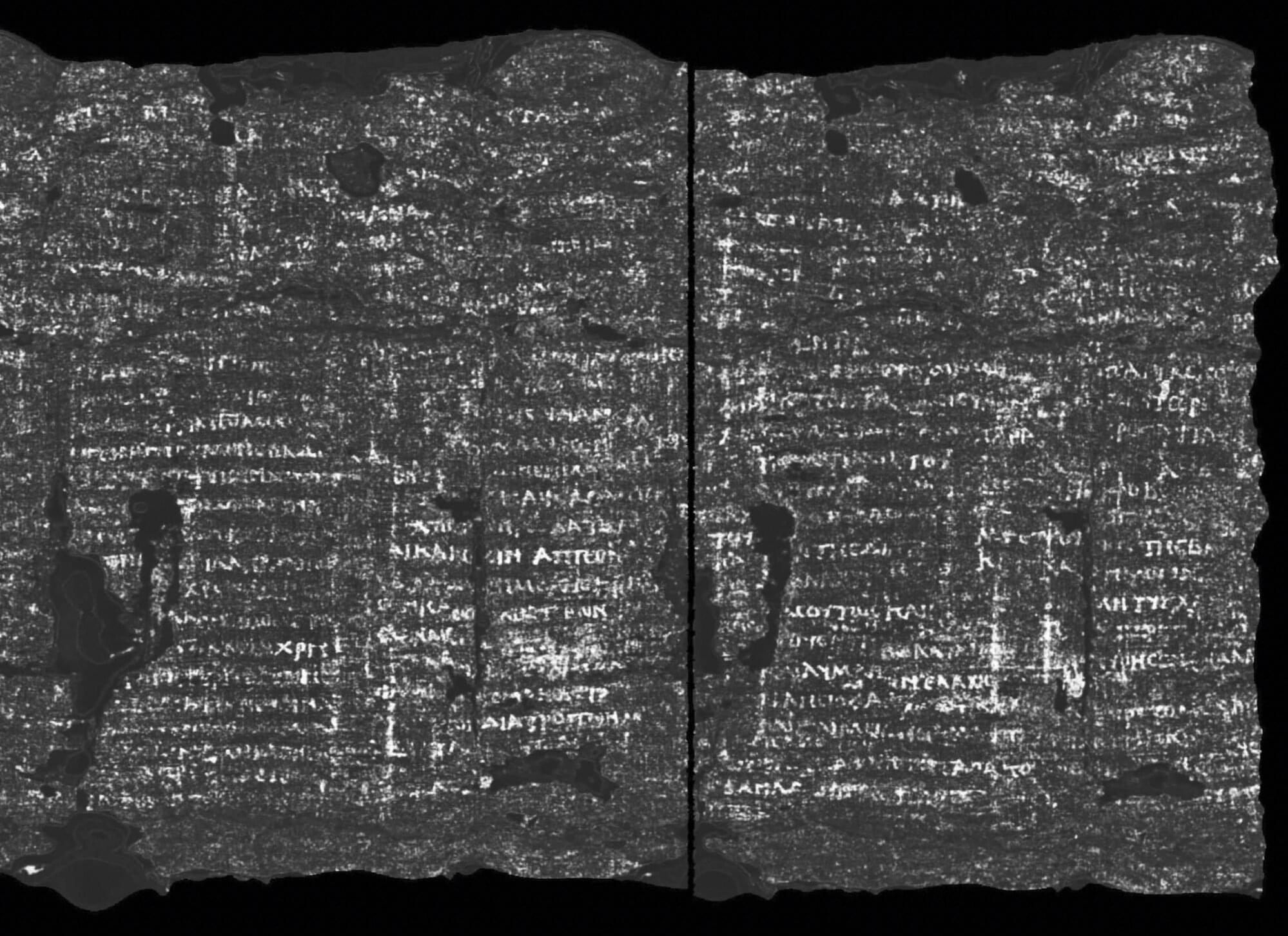
AI and scientists unite to decipher old scrolls charred by the Vesuvius volcano
Scientists hope a mix of artificial intelligence and human expertise will help decipher ancient scrolls carbonized by a volcanic eruption 2,000 years ago.
Hundreds of papyrus scrolls were found in the 1750s amid the remains of a lavish villa at the Roman town of Herculaneum, which along with neighboring Pompeii was destroyed when Mt. Vesuvius erupted in A.D. 79.
The library of what’s called the Villa of the Papyri has the potential to add immeasurably to knowledge of ancient thought if the scrolls, which have been rolled up into the size of a candy bar, could be read.
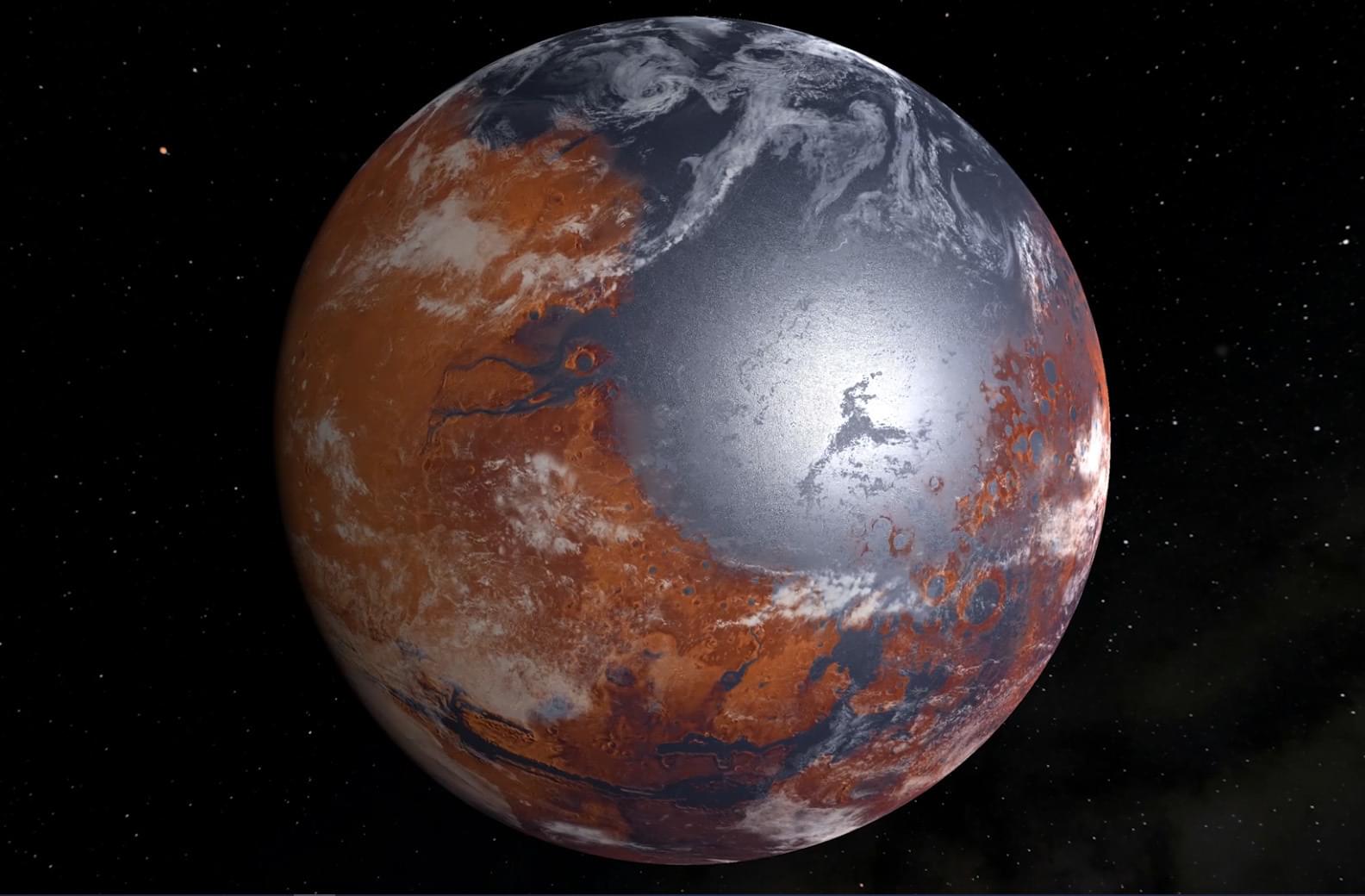
Harvard Researchers Solve the Puzzle of Mars’ Ancient Rivers and Lakes
Did Mars have lakes and rivers during a single period or over separate periods? This is what a recent study published in Nature Geoscience hopes to address as an international team of researchers investigated whether Mars experienced a single event of liquid water on its surface, or many events spread over millions of years. This study has the potential to help scientists better understand the early conditions on Mars and whether these conditions were suitable to support life as we know it.
“Early Mars is a lost world, but it can be reconstructed in great detail if we ask the right questions,” said Dr. Robin Wordsworth, who is a Gordon McKay Professor of Environmental Science and Engineering at Harvard University and a co-author on the study. “This study synthesizes atmospheric chemistry and climate for the first time, to make some striking new predictions – which are testable once we bring Mars rocks back to Earth.”
For the study, the researchers used a series of computer models to simulate how the atmosphere on Mars billions of years ago potentially reacted to surface water-rock interactions and climate changes over time. The goal was to ascertain whether Mars experienced a single event of liquid water on its surface, or a series of events spread over millions of years with periods of dryness in between them.
